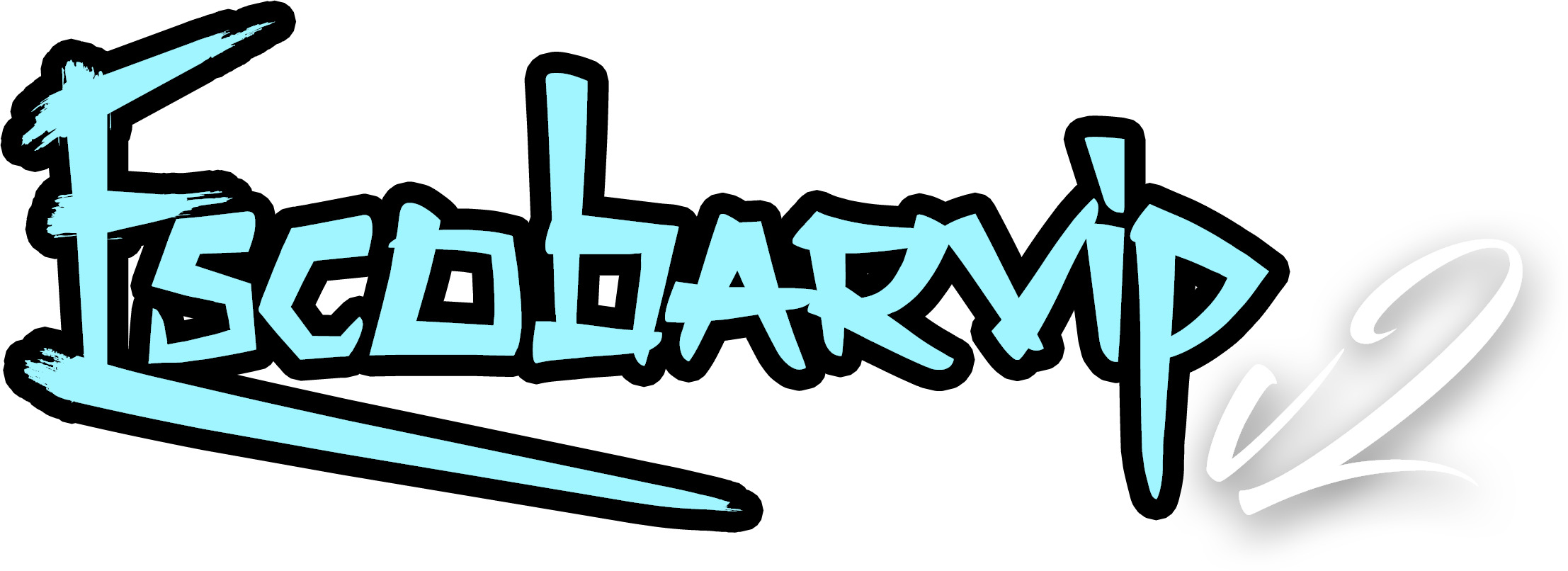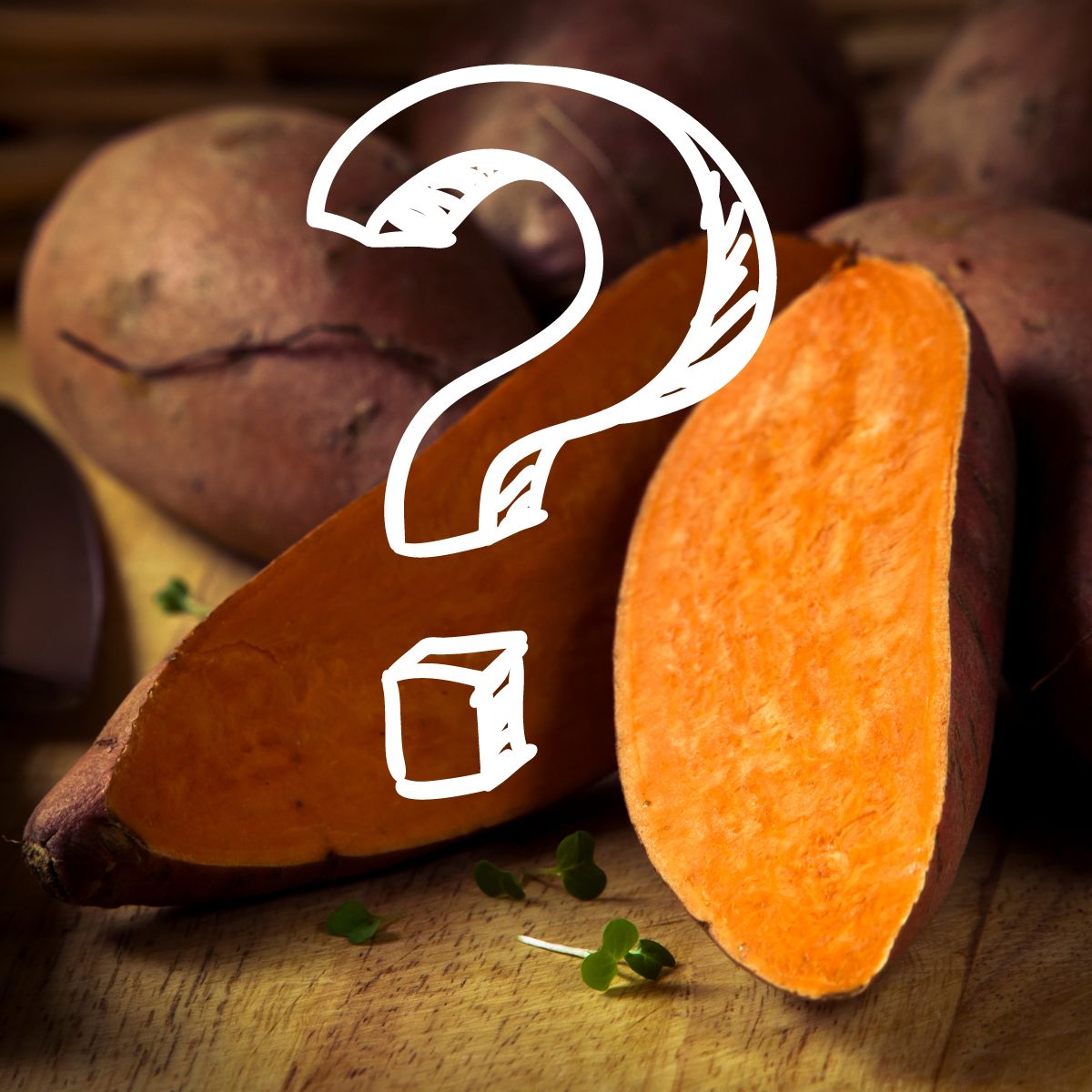Türk Ifşa Sotwe - Digital Content And Online Safety
The internet, a place of immense connection and shared moments, holds a special spot in our daily routines. It lets us peek into different cultures, learn new things, and stay in touch with people far away. Yet, like any big, open space, it also presents its own set of puzzles and things to think about, especially when certain kinds of information start to spread quickly. We often see how quickly things can go viral, sometimes bringing joy, other times sparking conversations about serious topics like personal boundaries and what's okay to share.
This digital world, you see, is constantly changing, with new apps and sites popping up all the time. It means there's always something new to learn about how we interact online, and what kinds of content become popular. People share all sorts of things, from funny cat videos to important news, and sometimes, very personal bits of life. It’s a pretty big mix, and honestly, figuring out how to be a good digital citizen is a skill we all need to work on, you know?
So, when terms like "türk ifşa sotwe" come up, it really gets us thinking about the bigger picture of online content. It brings up questions about privacy, about how information moves around, and about the responsibilities we all carry when we're online. This discussion isn't just about one specific thing; it's about the general way we handle sensitive material, the impact it has, and what steps we can take to create a more thoughtful and respectful online space. We will, in a way, look at some of these bigger ideas that surround such topics.
- Remoteiot Vpc Ssh Download
- Can You Remotely Connect To A Raspberry Pi
- Cierra Mist Leaks
- Ipcams Telegram
- Telegram Somali
Table of Contents
- The Spread of Digital Information and Its Ripples
- What does the term türk ifşa sotwe bring to mind for digital citizens?
- The Human Side of Online Sharing
- How do online communities react to content like türk ifşa sotwe?
- Why is privacy important when discussing türk ifşa sotwe?
- Protecting yourself in the context of türk ifşa sotwe
- What can we learn from the discussions around türk ifşa sotwe?
- Are there ways to foster a better online environment regarding türk ifşa sotwe?
The Spread of Digital Information and Its Ripples
Think about how quickly a photo or a video can travel across the internet these days. It's truly amazing, isn't it? One moment, something is just on your phone, and the next, it could be seen by hundreds, even thousands, of people. This quick spread, or what some call "going viral," has a huge impact on how we get our news, how we connect with others, and how we share parts of our lives. It’s a bit like throwing a pebble into a pond; the ripples just keep going, you know? Sometimes, these ripples are small and fun, like when a funny meme takes over. Other times, they can be pretty big and touch on serious issues, like privacy or respect for others.
This rapid sharing, so, makes us think about what happens to information once it's out there. Once something is online, it's pretty hard to pull it back. It can be copied, shared again, and even changed without the original person knowing. This reality means we all have to be a little more thoughtful about what we put out there, and what we choose to share from others. It’s a constant reminder that our actions online have real-world effects, and that's something worth considering every time we click that share button. We are, in a way, all part of this big network.
What does the term türk ifşa sotwe bring to mind for digital citizens?
When you hear a term like "türk ifşa sotwe," it usually brings up thoughts about online content that might be sensitive or personal. For many people who spend time online, such phrases tend to point to discussions about privacy breaches or the sharing of material that was never meant for a wide audience. It makes us pause and consider the boundaries of personal information in a digital setting. This, in some respects, is a recurring theme in our online lives, where the lines between public and private can sometimes get a little blurry.
It also reminds us that not all content online is created or shared with consent. This is a very important point for anyone using the internet today. The existence of such terms highlights a broader challenge: how do we protect people's personal stories and images when information can spread so widely and so quickly? It's a question that many platforms and individuals are grappling with, and it shows that there's a real need for more awareness about digital rights and responsibilities, as a matter of fact.
The Human Side of Online Sharing
Every piece of content shared online, whether it's a photo, a video, or just a few words, comes from a person. And every person has feelings, a life, and a right to their own space. When content spreads, especially sensitive content, it can affect real people in very real ways. It's not just about data or files; it's about someone's peace of mind, their reputation, and their sense of safety. This is, you know, the human element that sometimes gets lost in the speed of digital sharing. We can sometimes forget that behind every screen is a person.
We often talk about the "digital footprint" we leave behind, and this footprint can grow pretty big, pretty fast. For individuals, especially those who might find their personal information circulating without their permission, the experience can be quite upsetting. It underscores why conversations about consent, about respecting personal boundaries, and about the impact of our online actions are so important. We need to remember that what we see online, or what we share, has a direct impact on someone else's life, basically.
How do online communities react to content like türk ifşa sotwe?
Online communities, which are groups of people connected through shared interests or platforms, often react in many different ways when content like "türk ifşa sotwe" comes up. Some people might express concern for those involved, speaking up about privacy and the need for respect. Others might discuss the broader issues of online safety and how platforms handle such material. There's usually a lot of discussion, and sometimes, quite a bit of disagreement, too it's almost a given.
You might see calls for content to be taken down, or for better rules to be put in place by the websites where this content appears. There are often conversations about digital literacy, about teaching people to be more careful with their personal information, and about understanding the consequences of sharing. It's a complex situation, and different groups will have different ideas about the best way to deal with it. This shows, in a way, the varied opinions and concerns that exist within the wider online world.
Why is privacy important when discussing türk ifşa sotwe?
Privacy is a pretty big deal, especially when we talk about anything online, and it's particularly important when terms like "türk ifşa sotwe" are part of the conversation. Think of privacy as your personal bubble, a space where you control what information about you gets out and who gets to see it. When that bubble is broken, it can make people feel exposed and vulnerable. It's about having control over your own story and your own image, which is a basic human right, really.
For individuals, a lack of privacy can lead to many difficult situations, from feeling uncomfortable to facing real-world problems. When personal content, especially something sensitive, is shared without permission, it takes away that control. This makes privacy not just a nice idea, but a truly necessary protection in our connected world. It's about ensuring that people feel safe to be themselves, both online and off, without the worry that their private moments might become public knowledge. This is, you know, a very fundamental aspect of feeling secure in the digital age.
Protecting yourself in the context of türk ifşa sotwe
Keeping yourself safe online, especially when sensitive content or discussions around terms like "türk ifşa sotwe" are present, means taking a few thoughtful steps. One big thing is being careful about what you share about yourself. Before you post a picture or write something personal, take a moment to think: who will see this? And am I okay with that? It's like, just a little bit of caution can go a long way in protecting your personal space online, basically.
Also, it's a good idea to check your privacy settings on social media and other platforms. Make sure you understand who can see your posts and personal details. Sometimes, these settings can be a bit hidden, but taking the time to adjust them can give you more control. If you ever come across content that seems to invade someone else's privacy, it's often a good idea to report it to the platform. Being a responsible online citizen means looking out for yourself and others, too, in some respects.
What can we learn from the discussions around türk ifşa sotwe?
The conversations that happen around terms like "türk ifşa sotwe" offer us a chance to learn some important things about how the internet works and how we use it. For one, they highlight how powerful online sharing can be, both for good and for bad. It shows us that information, once it's out there, can have a life of its own, sometimes quite separate from its original intent. This is, as a matter of fact, a key lesson for anyone spending time online.
These discussions also remind us about the importance of digital literacy. That means knowing how to use the internet safely, how to spot misleading information, and how to protect your own privacy. It's about understanding the consequences of our clicks and shares. Ultimately, these talks push us to think more deeply about the kind of online world we want to create – one that is more respectful, more secure, and more mindful of everyone's personal space. It's really about building a better online community for us all, you know?
Are there ways to foster a better online environment regarding türk ifşa sotwe?
Yes, there are definitely ways to help create a better, safer online space, especially when we consider the issues brought up by terms like "türk ifşa sotwe." One simple way is to be a thoughtful sharer. Before you repost or send something along, just take a moment to think: "Is this respectful? Could this hurt someone?" That small pause can make a big difference, honestly.
Another thing we can do is support platforms and initiatives that prioritize user safety and privacy. When you see a website or an app that does a good job of protecting its users, that's something worth recognizing. We can also encourage open conversations about digital ethics, talking to friends and family about what it means to be responsible online. By being more aware and more considerate in our own online habits, we collectively contribute to a more positive and secure digital world. It's a bit like, we all play a part in making the internet a better place for everyone.

Unveiling The Sotwe Yerli Story: A Deep Dive Into Life And Work

Ifsa sotwe

Discovering The World Of Sotwe Türk İfa: A Comprehensive Guide